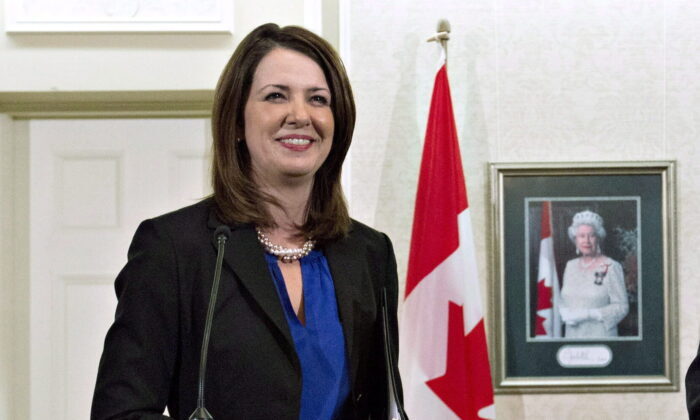101.7 FM
88.1HD2
 8.85 c
8.85 c101.7 FM
88.1HD2
Alberta government working to strengthen legislation banning female genital mutilation in the province
BY The Canadian Press, Apr 1, 2022 12:15 AM - REPORT AN ERRORIn an effort to better protect the health and safety of women and girls, the Alberta government is working to strengthen legislation banning female genital mutilation (FGM) in the province.
Bill 10, the Health Professions (Protecting Women and Girls) Amendment Act 2022, if passed, will mean health professionals and practitioners who perform or facilitate FGM would be removed from practicing medicine.
Further, under Bill 10, if a health professional is convicted of having practiced FGM in another jurisdiction, they would not be allowed to practice in Alberta.
Those who are witness to conduct relating to FGM would be required to step forward and report the instance to law enforcement authorities.
Chestermere-Strathmore MLA Leela Aheer has been spearheading the campaign for several years and spoke passionately that Bill 10 has been introduced into the legislature.
``Seven years ago is when I really started to learn more about FGM and what was going on and that it happens on every single continent,'' said Aheer.
``When you first learn about it, it's hard to get your head around it, but then to learn that girls who are in Canada who have moved here or have come from cultures who are still doing this and are being sent overseas to have the practice done, is just one of those mind-boggling moments.''
The proposed amendments, if passed, would require regulatory colleges within the health profession to adopt certain standards of practice relating to FGM.
As defined in the Health Professions Act, FGM would include all procedures that involve partial or total removal of the external female genitalia, or other injury to the external female genital organs for non-medical reasons.
``It is considered at the federal level as aggravated assault under Section 268 of the Criminal Code of Canada … but due to this secretive practice, it's very hard to know how many girls are impacted,'' added Aheer.
``The amendments to the Health Professions Act will ensure that the health professionals themselves are held accountable, so that those that perform or facilitate female genital mutilation and cutting are removed from their practice.''
At the federal level under the Criminal Code of Canada, there is a maximum imprisonment sentence of 14 years for a practitioner found guilty of performing a FGM type operation.
Parents of an afflicted person can also be charged for their willing participation in the practice.
Detailed within the legislation will also be supports for protecting children at risk, as well as supporting and managing those with physical and psychological trauma resulting from FGM.
``It was really important for me to make sure that legislation that we're bringing forward has the opportunity to educate and empower and really evolve the conversation around protecting women and girls here in Canada,'' said Aheer.
According to a release from the province, there are more than 200 million girls and women alive who have undergone FGM procedures in 30 countries and an estimated excess of 3 million girls are potentially at risk of FGM operations annually.
Share on
Related News
Sign up for the newsletter
We'll deliver best of entertainment right into your inboxWe love to hear from our listeners, so feel free to send us message


















